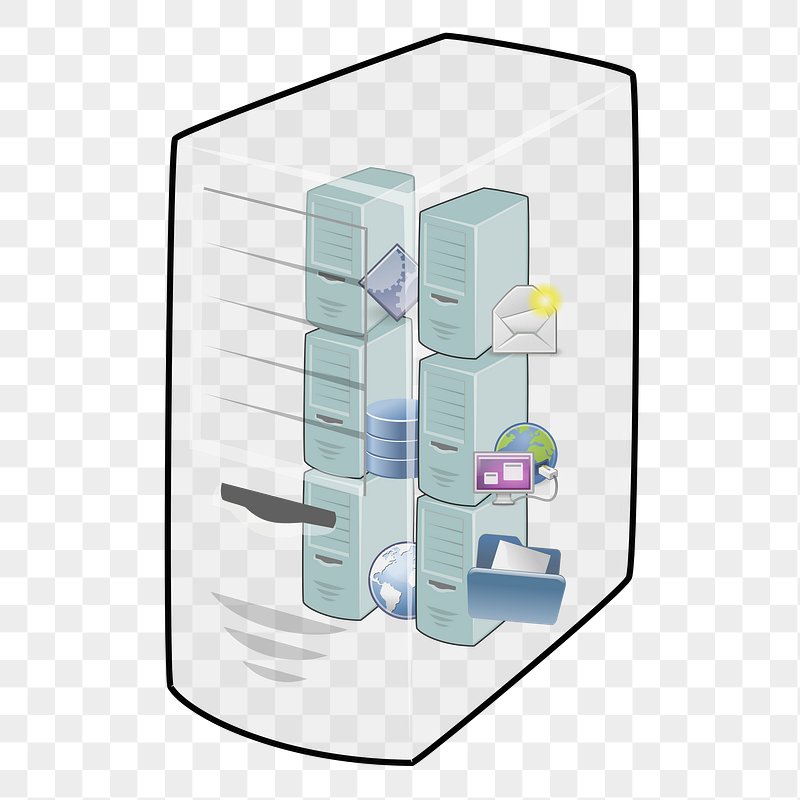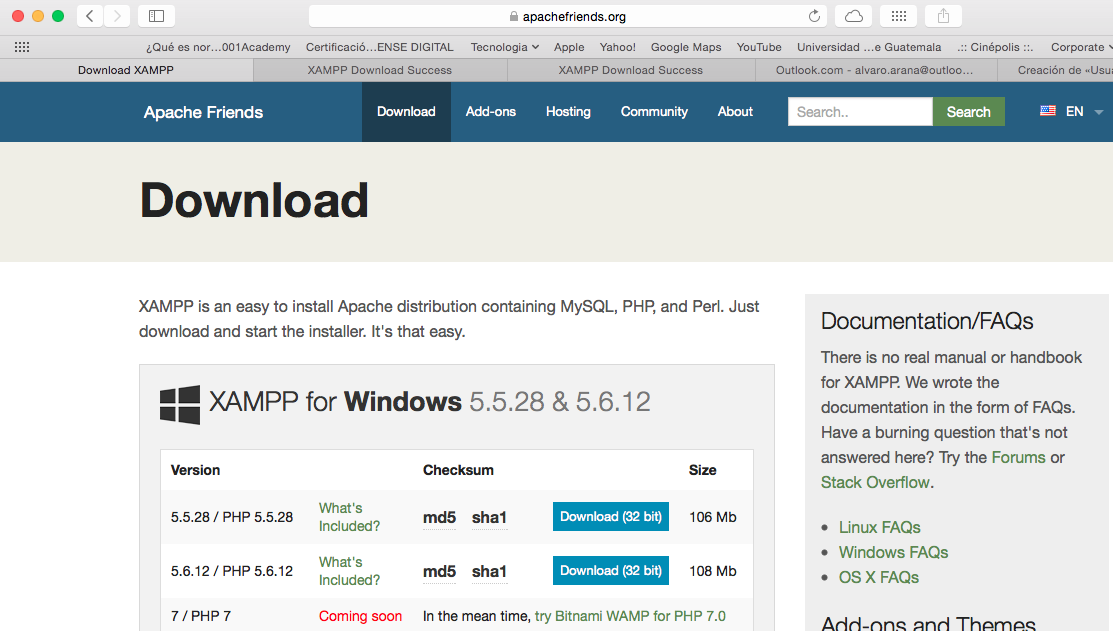Are you considering cloud hosting for your business? It's important to understand the key differences between managed and unmanaged options. In this article, we will explore the benefits of managed cloud hosting and the advantages of unmanaged cloud hosting. You will learn about the factors to consider when making this decision, including security considerations and cost comparisons.
By the end, you will have the knowledge to choose the right cloud hosting option for your specific needs.
Key Takeaways
- Managed cloud hosting offers reliability, scalability, security, and technical support, enhancing business operations.
- Unmanaged cloud hosting provides control, customization, cost control, and flexibility options.
- Managed hosting includes round-the-clock support, server maintenance, security patches, and backups, while unmanaged hosting requires self-management.
- Managed hosting may be more expensive initially but can provide long-term cost savings, while unmanaged hosting may lead to additional costs for IT personnel and infrastructure maintenance.
Benefits of Managed Cloud Hosting
You'll love the benefits of managed cloud hosting. With managed cloud hosting, you can enjoy reliability benefits and scalability advantages that will greatly enhance your business operations. One of the major advantages of managed cloud hosting is the reliability it offers. You can have peace of mind knowing that your website or application will be up and running smoothly at all times. Managed cloud hosting providers have robust infrastructure and monitoring systems in place to ensure maximum uptime and minimal downtime.
Furthermore, managed cloud hosting offers scalability advantages. You can easily scale your resources up or down based on your business needs. Whether you experience a sudden surge in traffic or need additional storage space, managed cloud hosting allows you to scale your resources quickly and efficiently. This flexibility ensures that your website or application can handle any increase in demand without any performance issues.
In addition to reliability and scalability, managed cloud hosting also provides other benefits such as security and technical support. Managed cloud hosting providers have dedicated teams of experts who are responsible for ensuring the security of your data and infrastructure. They also offer round-the-clock technical support to assist you with any issues or concerns you may have.
Advantages of Unmanaged Cloud Hosting
There are several benefits of opting for unmanaged cloud hosting. With unmanaged cloud hosting, you have more control over your data management. You can choose how you want to organize and store your data, giving you the flexibility to meet your specific needs.
Additionally, unmanaged cloud hosting offers a variety of scalability options. You can easily scale up or down your resources based on your current requirements. This allows you to save costs by only paying for what you need, instead of being locked into a fixed plan.

Another advantage of unmanaged cloud hosting is the freedom to customize your environment. You have the ability to install and configure any software or applications that you require, without any restrictions. This gives you the flexibility to build and manage your infrastructure according to your unique specifications.
Furthermore, unmanaged cloud hosting offers better cost control. Since you are responsible for managing your own resources, you can optimize your usage to minimize costs. You have the freedom to choose the most cost-effective solutions for your specific business needs.
Key Differences Between Managed and Unmanaged Cloud Hosting
When it comes to comparing support levels between managed and unmanaged cloud hosting, you'll find some key differences. Managed hosting typically offers round-the-clock support, with a dedicated team to assist you in case of any issues or concerns. On the other hand, unmanaged hosting generally provides limited or no support, requiring you to troubleshoot and fix problems on your own.
As for cost considerations, managed hosting tends to be more expensive due to the added support and services provided, while unmanaged hosting is often more budget-friendly.
Support Level Comparison
If you're considering managed vs. unmanaged cloud hosting, it's important to compare the support levels offered by each option. Customer satisfaction should be a top priority when choosing a hosting provider. With managed hosting, you can expect a higher level of support. Providers usually offer 24/7 customer support and handle tasks like server maintenance, security patches, and backups. This can give you peace of mind knowing that experts are taking care of your infrastructure.
On the other hand, unmanaged hosting puts more responsibility on you. While it may be more cost-effective, you'll need to handle tasks like server configuration and troubleshooting on your own. It's crucial to read and understand the service level agreements provided by each hosting option to ensure that you're getting the level of support that meets your needs.
Cost Considerations
Comparing the cost of managed and unmanaged cloud hosting options is essential when selecting a provider. Conducting a thorough cost analysis will help you determine which option is the most cost-effective for your business.

Managed cloud hosting typically comes with a higher price tag as it includes additional services such as server maintenance, security monitoring, and technical support. However, it can also provide significant cost saving measures in the long run. By outsourcing the management of your cloud infrastructure, you can free up valuable resources and focus on core business activities.
On the other hand, unmanaged cloud hosting may initially seem more affordable, but it requires you to handle all the technical aspects yourself. This may result in additional costs for hiring skilled IT personnel and maintaining the infrastructure.
Ultimately, the decision between managed and unmanaged cloud hosting should be based on your specific requirements and budget considerations.
Technical Expertise Required
Outsourcing the management of your cloud infrastructure can be beneficial as it allows you to rely on the technical expertise of the provider. By opting for managed cloud hosting, you have access to a team of experts who are responsible for the day-to-day management of your infrastructure. They ensure that your servers are properly configured, monitored, and updated. With their technical expertise, they can handle any issues that may arise, providing you with peace of mind.
Having dedicated resources and technical support is crucial when it comes to managing your cloud hosting. With managed cloud hosting, you have a team solely focused on managing your cloud environment, allowing you to focus on your core business objectives. This means that you can simplify your cloud management and ensure top-notch technical support.
Factors to Consider When Choosing Between Managed and Unmanaged Cloud Hosting
When deciding between managed and unmanaged cloud hosting, you should consider several factors. These factors will help you navigate through the decision-making process and choose the option that best fits your needs.
Firstly, you need to consider the level of control you want over your hosting environment. With managed cloud hosting, you can rely on the expertise of the provider to handle all the technical aspects, such as server maintenance, security updates, and backups. This allows you to focus on your core business without worrying about infrastructure management. On the other hand, unmanaged cloud hosting gives you more control and flexibility, but it also requires technical expertise to manage and maintain the servers yourself. Secondly, you should think about the scalability and resource allocation. Managed cloud hosting providers usually offer scalable solutions that can easily accommodate your growing needs. They have the infrastructure and resources in place to handle increased traffic and demand. In contrast, with unmanaged cloud hosting, you will need to monitor and adjust resources manually, which can be time-consuming and complex.

Lastly, consider the cost implications. Managed cloud hosting typically comes at a higher price point as you are paying for the convenience and support provided by the provider. Unmanaged cloud hosting, on the other hand, can be more cost-effective if you have the technical skills and resources to manage it yourself.
Security Considerations in Managed Cloud Hosting
When it comes to security in managed cloud hosting, there are three key points that you need to consider:
The importance of data encryption: Data encryption is crucial to ensure that your sensitive information remains protected from unauthorized access.
Access control mechanisms: Implementing access control mechanisms allows you to regulate who can access your cloud resources, reducing the risk of unauthorized access.
The requirement for vulnerability scanning: Conducting regular vulnerability scanning helps identify potential weaknesses in your system, allowing you to address them before they can be exploited.
Data Encryption Importance
Data encryption is crucial for safeguarding sensitive information in cloud hosting. When it comes to data encryption methods, there are several options available to you. You can choose to encrypt your data at rest, in transit, or both.
Encrypting your data at rest means that it is protected while it is stored in the cloud. Encrypting your data in transit ensures that it is secure while it is being transmitted between your device and the cloud server. It is important to note that data privacy regulations, such as the General Data Protection Regulation (GDPR), require organizations to implement appropriate security measures, including encryption, to protect personal data.

Access Control Mechanisms
To protect your sensitive information in the cloud, it's essential to understand and implement access control mechanisms. Access control mechanisms are safeguards put in place to regulate who can access your data and what they can do with it.
One crucial aspect of access control is user authentication. User authentication verifies the identity of individuals before granting them access to the cloud resources. This process typically involves the use of usernames and passwords, but it can also include more advanced methods such as biometrics or multifactor authentication.
Vulnerability Scanning Requirement
Implementing regular vulnerability scanning is crucial for identifying and addressing any potential security weaknesses in your cloud infrastructure. By utilizing vulnerability scanning tools, you can proactively detect vulnerabilities and take necessary actions to mitigate risks.
These tools scan your cloud environment, including your applications, servers, and network, to identify any vulnerabilities that could be exploited by hackers or malicious actors. Regular vulnerability scanning helps you stay ahead of potential threats and ensures the security and integrity of your cloud infrastructure.
In addition to protecting your data, vulnerability scanning is also essential for meeting compliance requirements. Many regulatory frameworks, such as PCI DSS and HIPAA, mandate regular vulnerability scans to ensure the security of sensitive information.
Cost Comparison: Managed Vs. Unmanaged Cloud Hosting
The cost of managed cloud hosting is higher than unmanaged cloud hosting due to the additional support and maintenance services provided. When comparing the costs, it's essential to consider the scalability options offered by each type of hosting.
With managed cloud hosting, you have the advantage of having a team of experts who will handle all aspects of your hosting environment. This includes server setup, security, monitoring, backups, and troubleshooting. While this level of support comes at a higher price, it provides peace of mind knowing that your infrastructure is being taken care of by professionals.

On the other hand, unmanaged cloud hosting is more cost-effective but requires you to have the technical knowledge and resources to manage your hosting environment independently. You are responsible for setting up and configuring your servers, implementing security measures, and handling any maintenance tasks. This option is suitable for businesses or individuals who have the expertise and time to manage their infrastructure effectively.
When it comes to scalability options, managed cloud hosting often provides more flexibility. With managed hosting, you can easily scale up or down your resources based on your needs. The hosting provider will handle the infrastructure adjustments seamlessly, allowing you to focus on your core business operations. With unmanaged hosting, scaling can be more complex and time-consuming as you have to manage everything yourself.
Best Practices for Choosing the Right Cloud Hosting Option
Now that you have compared the costs of managed and unmanaged cloud hosting, it's time to delve into the best practices for choosing the right cloud hosting option. Making the right decision can be crucial for the success of your business, so it's important to follow some key steps in your decision-making process.
Firstly, evaluate your specific needs and requirements. Consider factors such as the size of your business, the level of technical expertise available, and the criticality of your applications. This will help you determine whether managed or unmanaged hosting is a better fit.
Next, research and compare different providers. Look for reputable companies with a track record of delivering reliable services and excellent customer support. Reading reviews and seeking recommendations from trusted sources can also provide valuable insights.
Furthermore, consider the scalability and flexibility offered by each option. As your business grows, you may need to easily scale your resources or make changes to your hosting environment. Ensure that the chosen option can accommodate these future needs.
Lastly, don't forget to assess the security measures provided by the hosting provider. Your data and applications need to be protected from potential threats and breaches.

Frequently Asked Questions
What Are the Main Benefits of Using Managed Cloud Hosting?
The main benefits of using managed cloud hosting are the support and assistance you receive. With managed hosting, you can rely on experts to handle technical aspects and provide ongoing support for your cloud infrastructure.
What Are the Advantages of Opting for Unmanaged Cloud Hosting?
The advantages of opting for unmanaged cloud hosting include greater control and flexibility over your resources, cost savings, and the ability to customize your setup. However, it also comes with the disadvantage of requiring more technical expertise.
What Are the Key Differences Between Managed and Unmanaged Cloud Hosting?
When comparing managed and unmanaged cloud hosting, it's important to consider the pros and cons of each. Managed hosting offers support and maintenance, while unmanaged hosting grants more control and flexibility.
What Factors Should Be Taken Into Consideration When Choosing Between Managed and Unmanaged Cloud Hosting?
When choosing between managed and unmanaged cloud hosting, you should consider the cost and level of technical expertise required. These factors will help you make an informed decision that suits your needs.
What Are the Security Considerations Specific to Managed Cloud Hosting?
When considering managed cloud hosting, you need to prioritize data protection and comply with any specific compliance requirements. These are important security considerations that should guide your decision-making process.
Conclusion
In conclusion, when it comes to choosing between managed and unmanaged cloud hosting, it all boils down to your specific needs and preferences. If you want a hassle-free experience with experts taking care of your infrastructure, managed hosting is the way to go.
On the other hand, if you have the technical expertise and want more control over your environment, unmanaged hosting might be a better fit. Consider factors like security, cost, and your own capabilities before making a decision.


